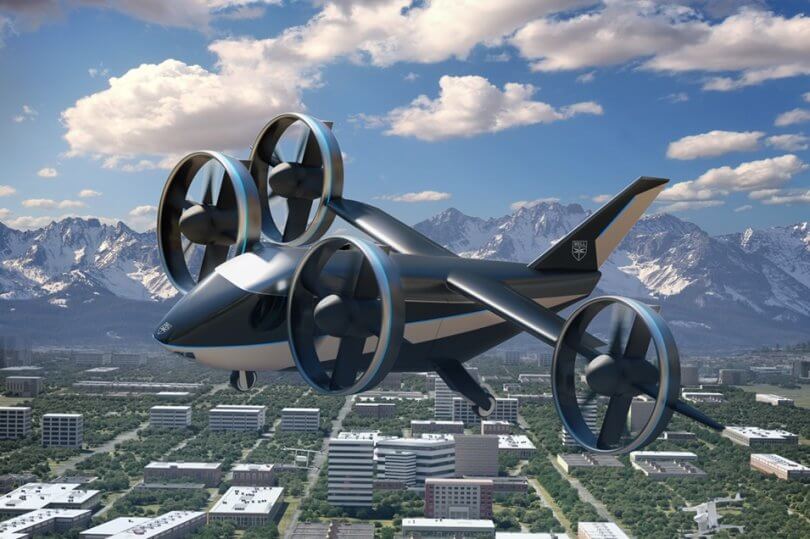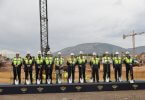Global professional investors expect public confidence in electric Vertical Takeoff and Landing (eVTOL) aircraft to grow as the industry continues to focus on using qualified pilots for flights, new global research from New Horizon Aircraft Ltd., doing business as Horizon Aircraft shows.
The study with investors in Japan, the US, Canada, Europe, the Middle East, and Asia found nearly three out of four (73%) believe public support for eVTOLs will grow over the next three years with 15% anticipating a dramatic increase in public confidence.
Just 6% of the private equity, venture capital and family office investors questioned believe public confidence in the sector will decline as the launch of the first services comes closer to reality. Around 22% do not see any change in public confidence happening or did not express an opinion.
Horizon’s research with senior executives at leading investment firms responsible for more than $1.787 trillion assets under management found the key factor in boosting public support is the growing acceptance within the industry that services will need to have qualified pilots.
More than three out of four (76%) identified the use of pilots as the key to guaranteeing increased public confidence while 68% say more successful trials of passenger and drone services will be important. Around 65% point to more news about successes in the sector and 56% want evidence of regulatory improvements with 36% hoping for the endorsement of the sector by major companies and investors.
Horizon is targeting the future production of a manned seven-seat capacity hybrid electric eVTOL called the Cavorite X7 which includes room for a pilot and six passengers. It has been developed in response to demand from potential customers in the medevac, business aviation and commercial cargo sectors.
Brandon Robinson, CEO of Horizon Aircraft, said: “Potential customers and passengers need to be confident that eVTOLs will be safe and will have a business use in order for investors to support the sector and the study shows there is growing confidence.
“The key factor as far as investors are concerned in driving public confidence is that eVTOLs will have qualified pilots flying their aircraft, and any company looking for investment needs to take that into account.”
Its Cavorite X7 aircraft will have a gross weight of an estimated 5,500 lbs with a projected useful load of 1,500 lbs. With an estimated maximum speed of 250 miles per hour and an average range of over 500 miles with fuel reserves, Horizon believes that this experimental aircraft, if eventually licensed for commercial use, would be well-positioned to excel in medical evacuation, critical supply delivery, disaster relief, and special military missions. The Company believes that the proposed aircraft would also be attractive for Regional Air Mobility – moving people and cargo 50 to 500 miles.
Unlike many in its category, the Cavorite X7 is being designed with a hybrid electric power system. The Company is designing the Cavorite X7 such that it could, after its vertical takeoff, re-charge its batteries enroute when it is flying in a configuration like a traditional aircraft. After a vertical landing and completion of a mission, the Company is designing the Cavorite X7 to recharge its battery array in under 30 minutes to be ready for its next mission.
Horizon believes that its innovative approach and technology will allow the Cavorite X7 to fly 98% of its mission in a very low-drag configuration like a traditional aircraft. The Company believes that flying most of the time as a normal aircraft is also safer and will make the aircraft easier to certify than other radical new eVTOL designs. The Cavorite X7 will be powered by a hybrid electric system that will recharge the battery array in-flight and post-flight, while also providing significant system redundancy. The Company is continuing the testing of its 50%-scale aircraft that it believes will reduce technical risk moving forward as it continues to develop its full-scale aircraft.







